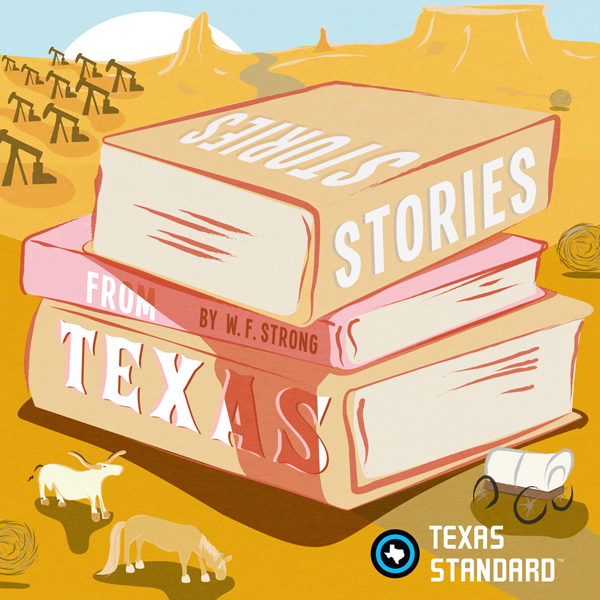Texas Monthly once described the joke I’m about to tell you as THE TEXAS JOKE because of its staying power over many decades: A married couple from out of state were driving across Texas and saw a sign that said “Mexia 22 miles.” They got into a bit of an argument over how to say the name of the town. He said it was likely “Mex-ee-ah” and she thought it was pronounced more like the country “Meh-ee-co” and would thus be “Meh-hee-ah.” The argument persisted and he said, “We can’t settle this. Tell you what. First place we come to in town we’ll pull over and ask them.” So they did. They pulled in at the first place and went up the girl at the counter and he said, “Can you tell us how to say the name of this place? And say it slow so we can hear it clearly.” The girl thought the request was crazy but she leaned forward and said, “Day-ree-queeeen.”
That’s an old joke, I know, but I use it as a segue to get to where I’m going. Of course nobody says “Meh-hee-ah” or “Mex-ee-ah.” “Muh-hay-ah” is common but so is “Muh-hair.” That’s right, many people around those parts call it “Muh-hair.” Don’t know why. There’s no “r” in the word, but in Texas there’s something about an “r” that we adore.
We do this to Refugio, too. Again, there is no second “R” in Refugio. It’s a Spanish word, Refugio, meaning refuge, but we find it dialectically comfortable to exchange the “g” for an “r.”
There’s a well known and much traveled street in Houston that everyone pronounces as “Kirk-in-doll.” There is no “r” in the word at all. We could send in crack troops on a search and rescue mission and they’d never find an “r”. We just throw one in there for the hell of it, I guess.
And if we are not adding an “r” we simply move it to where it’s more convenient for us. In the Hill Country, it is a river named the Pedernales River. Again a Spanish word, Pedernales. It means flints. We could just anglicize it to Pedernales but we find that “r’’ to be inconveniently located so we move it up front where we can keep an eye on it and make sure it doesn’t get away from us. We say, “Perdenales.”
Go on down south of Refugio about 100 miles you will come to Riviera. Well, that’s the way it ought to be pronounced because it is spelled just like the Riviera in France, for which it was named — perhaps just an attempt at good marketing. True, it has a few million less people, no rivers, no film festival and no world class beaches. But it’s not pronounced the same either. It is pronounced “Ra-veer-ah.” So the “r” is still there but we get rid of that annoying detour caused by the unwanted “i” and replace it with an “e” to compliment that other “e” – to streamline our way to the “r.” Much better. Otherwise we might sound French. It’s a confusing adjustment because mostly we Texans have never met a diphthong we didn’t like, but in this case we seem in a hurry to get to the “r” so we straighten out the approach.
Though not a place, we do something similar with “Brahmer.” It’s Brahman, of course, technically, but we like the aesthetics of the word better if we exchange the “n” for an “r”: “That’s a beautiful Brahmer bull you got there.”
And we must include “Whataburger,” too, often pronounced “Water-burger.” Gotta get in the extra “r”.
And many of us do it with prostate, saying prostrate cancer instead of prostate cancer. Extra “r” slipped in. I think that “r” is borrowed from the notion of lying prostrate.
Yes, something about an “r.” We put ‘em where they’re not. We move them within the word. We streamline our way to them and make exchanges that better suit our Texas style, irregardless (there’s another one) of what may be thought of as formally proper.





